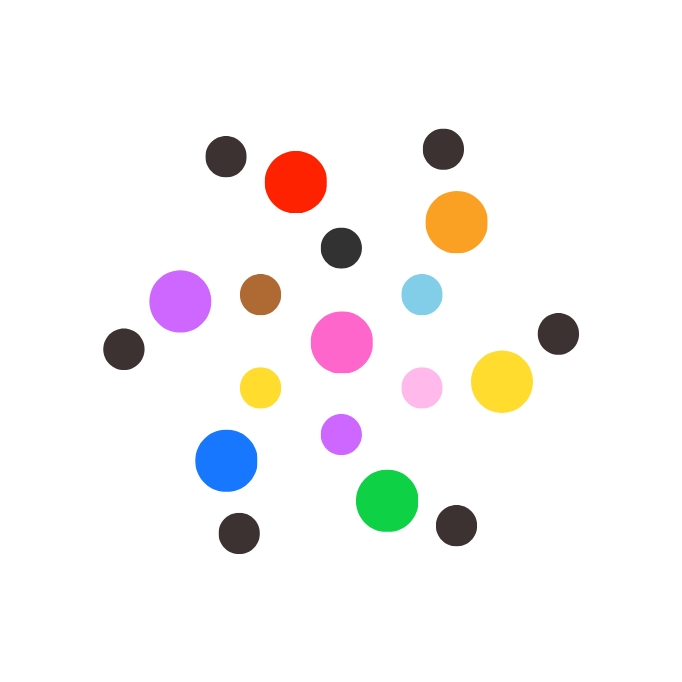Discover How Darius Gervinskas, Diversity Role Models' New Education Manager, Brings International Best Practices in Inclusion and Equality from the UN to Our Schools
Recently, Darius Gervinskas – our newly appointed Education Manager (London & South East), and a distinguished expert in the field of equality and inclusion in her own right, undertook a sabbatical with ILGA World in conjunction with the United Nations Commission on the Status of Women. Following her sabbatical, we thought it would be interesting to learn more about the project and share her wealth of experience and knowledge of intersectional advocacy.
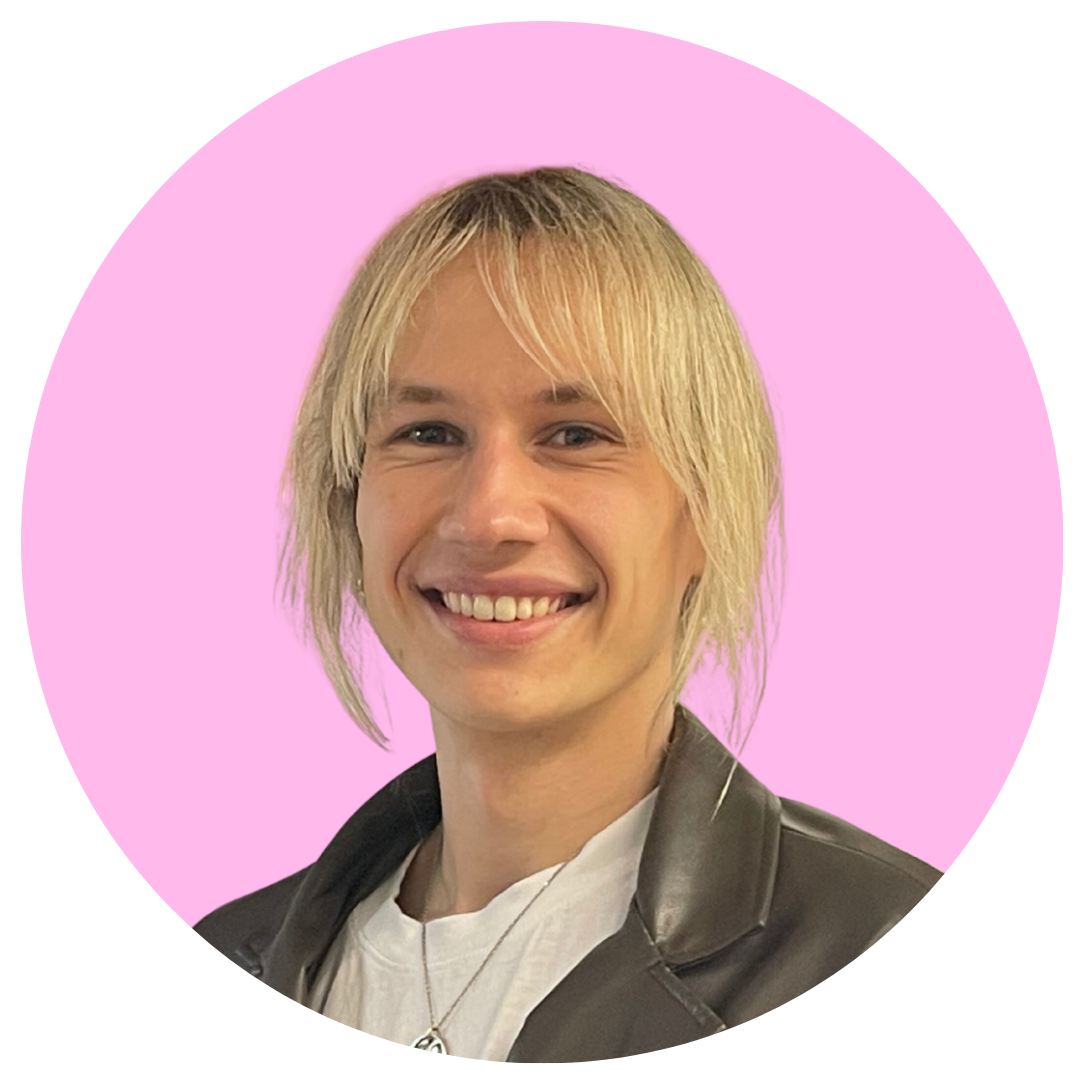
Darius’ work with prestigious international high-level multilateral organisations, such as the United Nations system, allows us to integrate international best practice into our work in equality, diversity and inclusion, and to ensure it is intersectional and beneficial to all.
The United Nations Commission on the Status of Women and ILGA World
The United Nations Commission on the Status of Women (CSW) is the most significant intergovernmental body dedicated to promoting gender equality worldwide. Since its inception in 1947, the CSW has been at the forefront of changing discriminatory legislation and raising global awareness of women's issues.
This year, Darius participated in the Commission’s 68th Session in New York City as part of her consultancy services to ILGA World, the International Lesbian, Gay, Bisexual, Trans, and Intersex Association. The session focused on the economic empowerment of women and girls, poverty reduction, and the strengthening of institutions with a gender perspective.
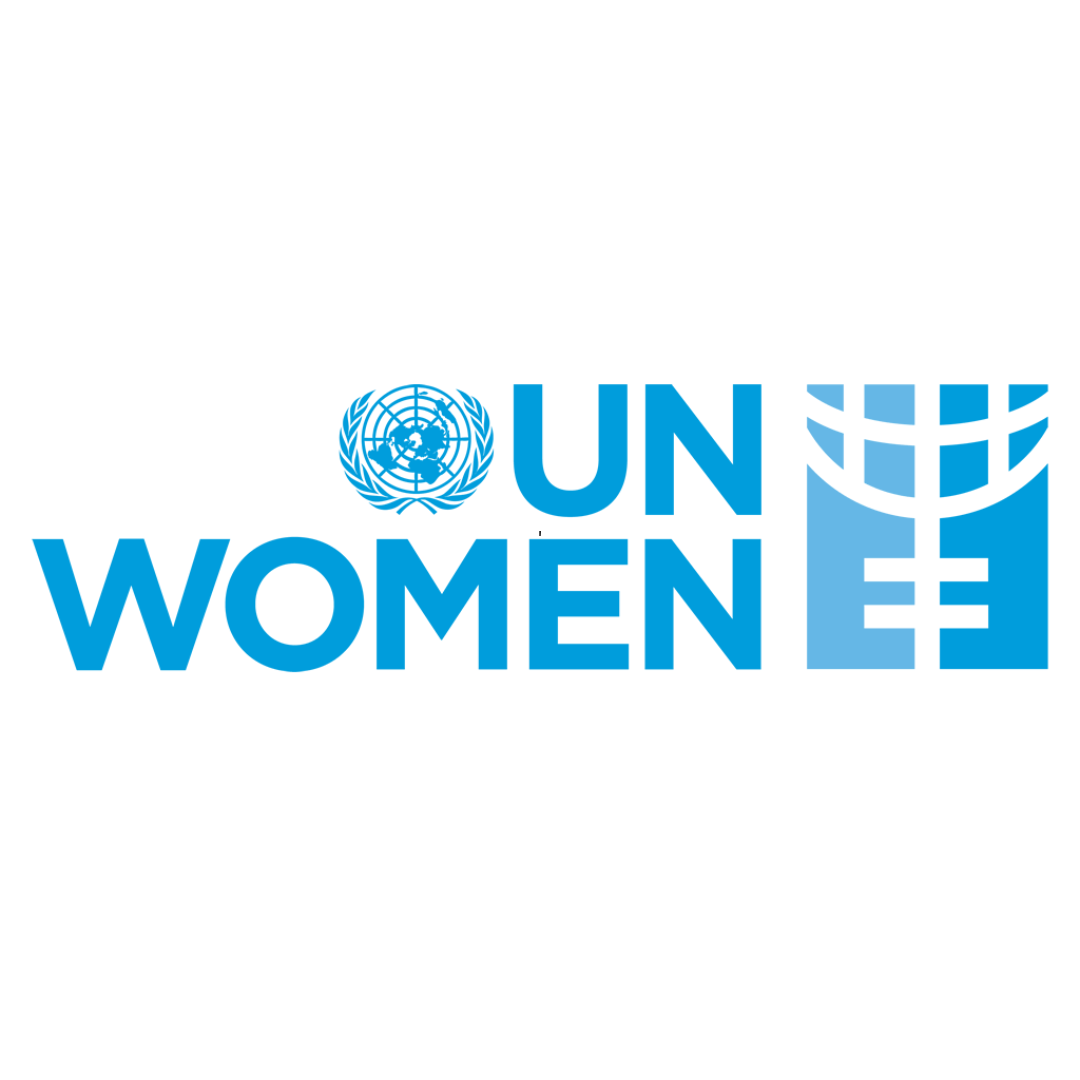
Engaging with the United Nations and influencing governments
Darius’ involvement with the United Nations extended to attending meetings with government delegations to advocate for marginalised communities, participating in national and regional consultations, collaborating with other civil society organisations to develop advocacy strategies, and contributing to the ‘Agreed Conclusions’.
Darius explains:“‘Agreed Conclusions’ is a non-binding document with concrete recommendations for governments around the world in pursuit of gender justice, and it is adopted by consensus at the end of each session. But much of this work starts many months before the session even takes place at the UN headquarters.”
Ensuring Diverse Voices are Heard
In the lead-up to the session, Darius' primary responsibility was to ensure that women in all their diversity were consulted, listened to, and included in the final version of the Agreed Conclusions. She meticulously reviewed various text drafts to identify areas lacking recognition of LBQ and trans, gender diverse, and intersex women’s perspectives. By suggesting more inclusive wording and highlighting compliant areas with international human rights standards, Darius played a crucial role in ensuring that the unique challenges faced by these communities were acknowledged.
Collaborating with Global Feminist Groups
A significant aspect of Darius’ work involved attending and co-chairing meetings with multiple Caucuses - coalitions comprising hundreds of feminist groups and organisations globally, including those not directly engaged in LBTI rights advocacy.
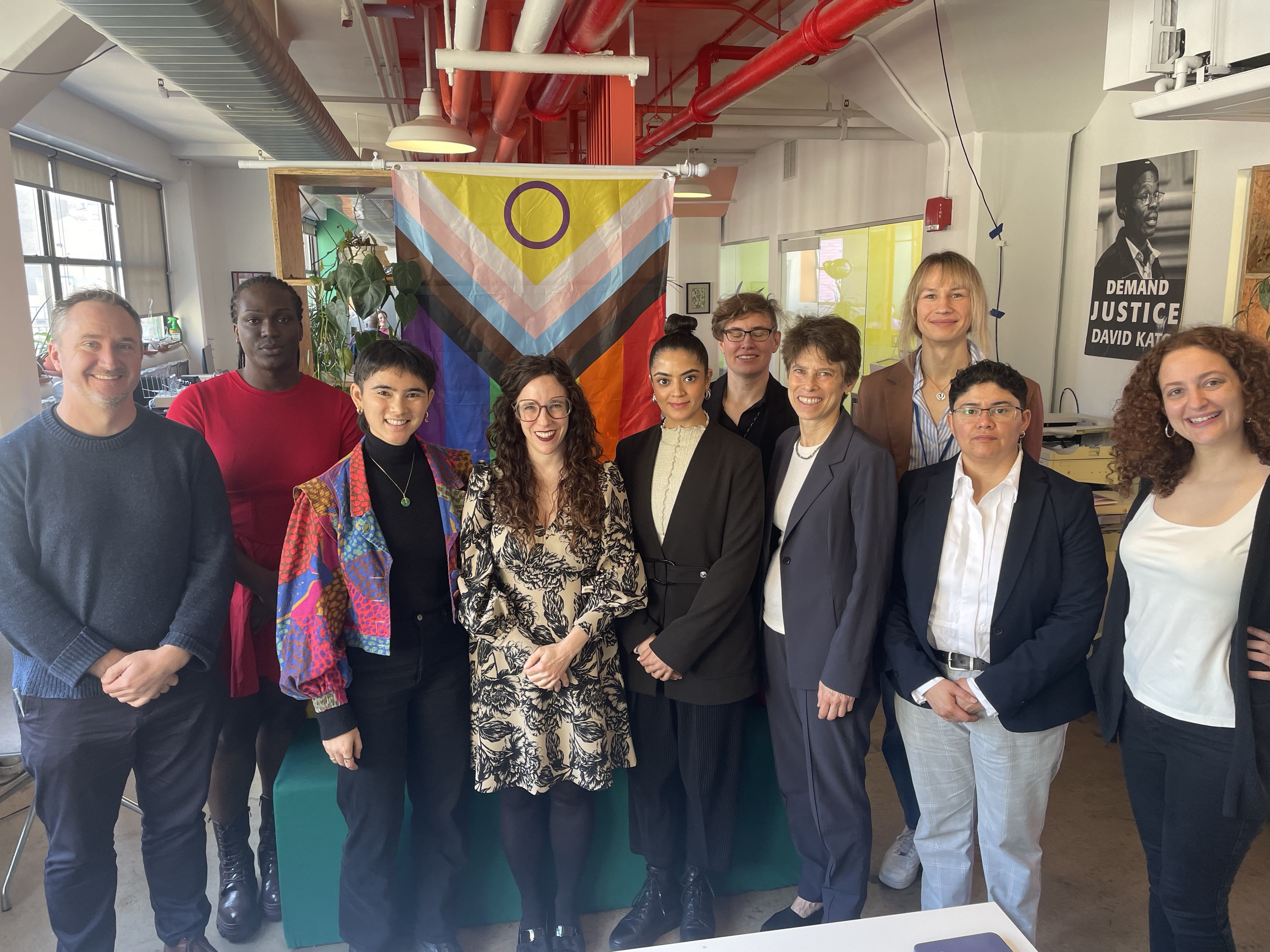
In understanding that inequality impacts women and girls differently, Darius emphasises the importance of avoiding a one-size-fits-all approach. She highlights how LBTI women and girls often experience multiple and intersecting forms of discrimination, and notes:
“We already know that inequality affects different women and girls differently, and that we cannot apply blanket rules for all. LBTI women and girls in all their diversity can experience multiple and intersecting forms of discrimination, especially if they are disabled, D/deaf, neurodivergent, and/or women and girls of colour, among those with other identities. Such inequalities are often exacerbated even more in countries affected by colonisation, conflict or occupation, and climate change.”
Promoting Intersectional Conversations
Darius’ participation in these intersectional dialogues within the UN Commission on the Status of Women underscores the importance of allyship and the role feminist and non-LGBTI groups play in championing fairness and equality for all.
As Darius highlights: “What is even more important is to consider how we can bring those high-level political conversations home, into our classrooms or workplaces, and to ask ourselves: are we missing anyone at the table? Whose stories may not have been told or heard? What can we do within our roles to create space for and celebrate individual difference and acceptance?”
Implementing Change Locally and Globally
While implementing change in high-level political spaces like the United Nations can take years, or even decades, Darius emphasises that "there are also immediate actions we can take to improve the experiences of LGBTQ+ people right now.”
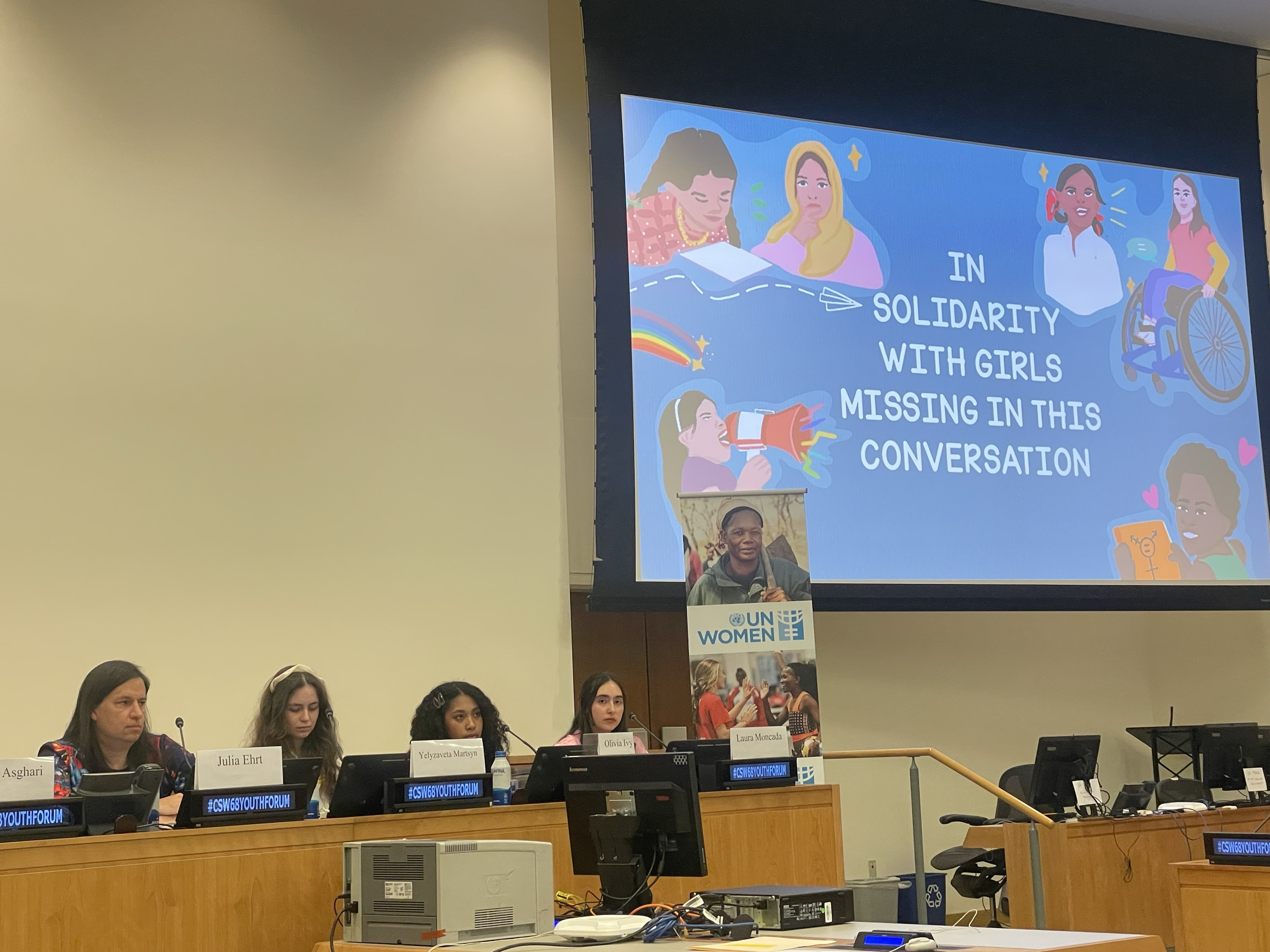
Key Outtakes for Educators Worldwide
Following her work with the UN, Darius distilled her learnings into some key outtakes for teachers to use in their classrooms...
- Schools should embed their values linked to equality throughout the culture and daily life of the school as well as within the curriculum.
- Positive messaging and visibility can be important to improving mental health outcomes, promoting academic attainment and reducing dropout rates for young people.
- Schools should celebrate differences across the curriculum as a crucial step in combating bullying and discrimination at school.
- It is essential to review and update the curriculum to ensure diverse voices and narratives are embedded throughout to promote empathy, understanding, and acceptance.
- Teachers should also focus on improving and evaluating pupil outcomes through relevant, regular and up-to-date training and development interventions.
- Applying a whole-school approach to training and development is key to prejudice and bullying prevention, including the training of staff members, governors, students, and caregivers.
To learn more about the intersectional inclusion training or other services delivered by Darius and our other regionally based Diversity Role Models Managers and facilitators, please contact education@diversityrolemodels.org or visit the Education section on our website.
